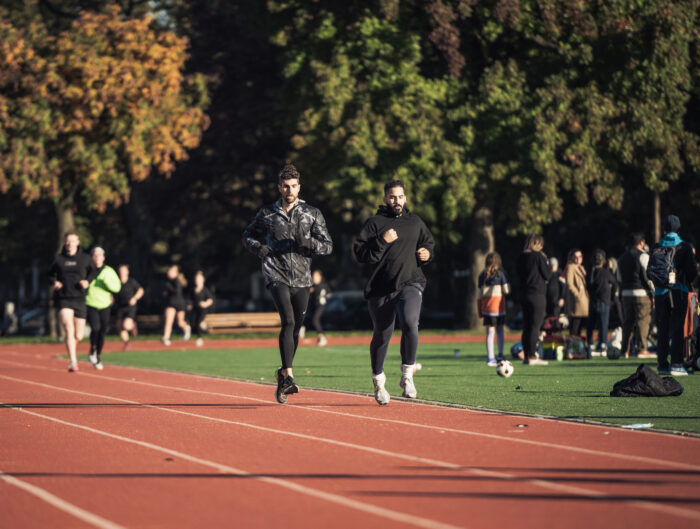The first thing we think of in terms of recovery is normally supplementation. But there are other things that affect recovery that can be just as important.
Sleep
This is vital in aiding recovery. Getting 8 hours sleep at night helps the body produce more growth hormone. Turning off any electrical devices 1 hour before sleep can help you relax and get a better night’s sleep.
Stress and cortisol levels
Cortisol is a steroid hormone use to control blood sugar, influence memory formation, controlling your salt and water balance, controlling your blood pressure and regulating your metabolism.
So what happens when we have too much cortisol?
Increased blood pressure
Rapid weight gain
Mood swings
Muscle weakness
What happens if we don’t have enough cortisol?
Fatigue
Dizziness
Weight loss
How do we control our cortisol levels?
We can do this by getting a good night’s sleep. When we go to bed late this has a knock on effect through the week then we have to play catch up, increasing cortisol levels. Stress massively increases cortisol levels, so stress management is very important. Take time out of your busy schedule, switch your phone off and distress.
Supplementation
Having the right supplements at the right time can be vital. Here’s a list of supplements that will aid recovery:
Creatine monohydrate
The body naturally produces creatine phosphate, when exercising this is converted into ATP and used for energy. It’s a common misconception that you get bloated when taking creatine, but creatine is intracellular (stored in the muscle). Any water is held in the muscle not under your skin. This excess water in the cells allows more nutrients to be delivered to the muscle an aid recovery and muscle growth.
BCAAS
Branch chain amino acids are the building blocks of protein. They are absorbed quickly and are ideal when training. Think of food being digested slowly, taking around 2 hours to digest. A protein shake is digested quicker, hence the reason we have this after a workout. BCAAS are digested immediately and are a great to have whilst training to prevent your muscles from breaking down.
Glucose
Glucose is a carbohydrate high in GI and should be mixed with your shake immediately after your workout.
Glucose is essential in spiking your insulin levels after your workout, meaning the absorption of other supplements taken after the workout is much quicker.
Whey Protein
Whey isolate protein has a higher percentage of protein and has a greater concentration of branch chain amino acids (BCAA`S) which are highly concentrated in the muscle tissue. These are used to fuel the working muscles and stimulate protein synthesis. Whey isolate is also lactose free, fat free, carbohydrate free, and cholesterol free. Whey Isolate should be taken within 5 minutes of you finishing your workout.
ZMA
Zinc, Magnesium and Vitamin B6 is a supplement used to enhance your growth hormone profile. It does this by helping your body achieve deeper levels of REM sleep. Rapid eye movement happen 4-5 times a night and causes the muscles to enter a temporary paralysis. The vitamin B6 helps the absorption of the minerals Zinc and Magnesium. Magnesium helps regulate body temperature, energy production, detoxification and the formation of health bones and teeth. Zinc helps support the body’s immune system and helps keep colds at bay.
Stretching/Foam Rolling
Something many people think they don’t have the time for. But if they knew the benefits of stretching they may all of a sudden have time for it.
The benefits of stretching:
Better muscle coordination
Increased range of movement in the joints
Better blood circulation
Higher energy levels, due to better blood circulation.
If you don’t stretch the muscles can get very tight, this can hamper your range of movement when performing an exercise. This can also lead to a deformed looking muscle, which we definitely don’t want.
Implement De-load Weeks
De-loading weeks help you recover from any niggling injuries, give your muscles time to recover and also help re-motivate you if you are getting bored of your usual routine. This does not mean take the week off and sit on the sofa, it simply means performing 40-50% of your 1RM and reducing your volume slightly. It would be advised to implement a de-load week every 4-6 weeks, remember recovery is very important when it comes to muscle recovery and growth







